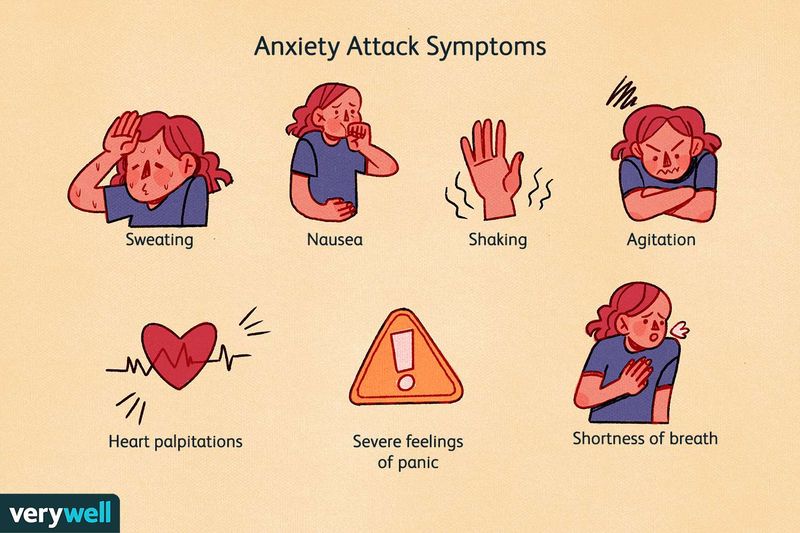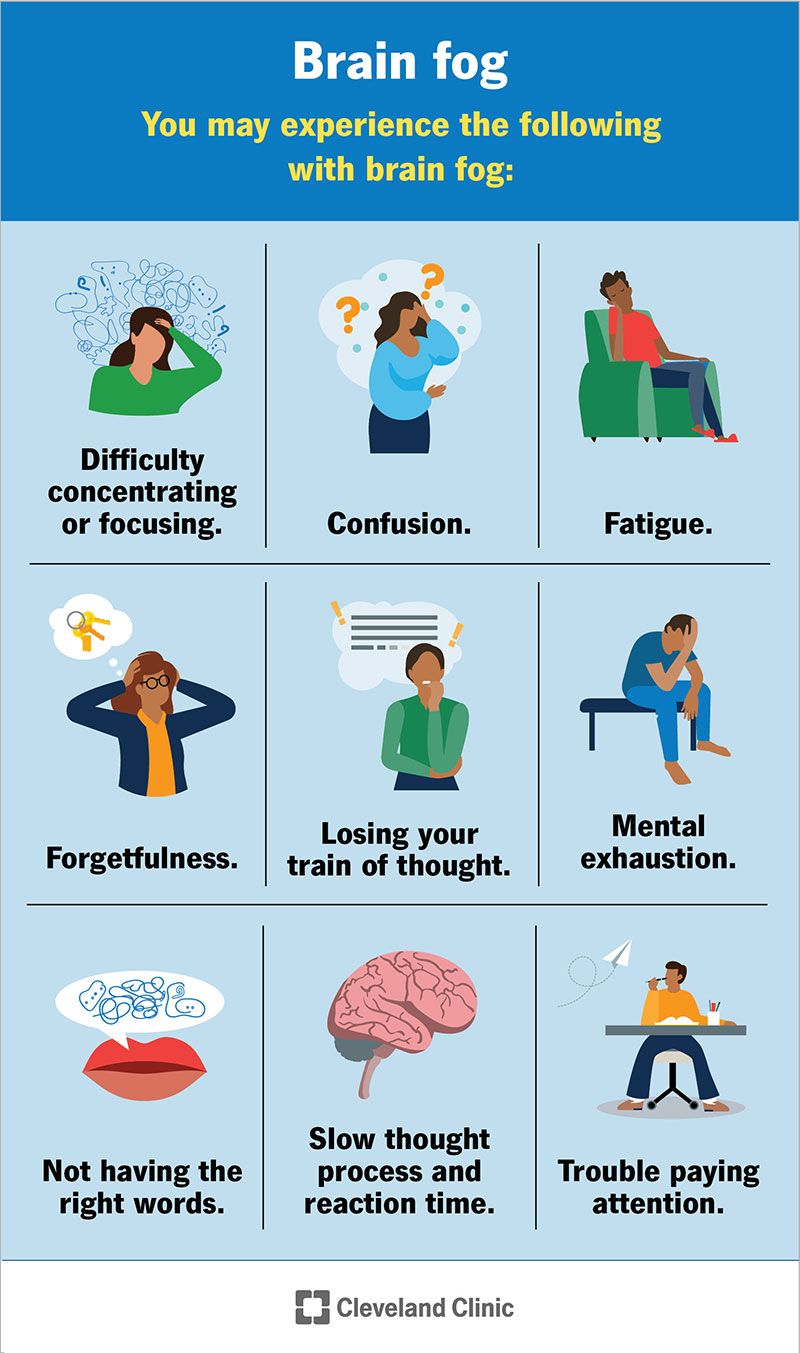Our mental health is a significant aspect of our overall well-being. Often, we might miss the subtle signs that indicate our mental health is deteriorating. Identifying these signs early can lead to timely intervention and support. In this article, we explore nine immediate warning signs that suggest your mental health might be getting out of hand. These signs range from changes in sleep patterns to sudden mood swings, each with a unique way of manifesting and impacting your life. By understanding these signs, you can take the necessary steps to address your mental health needs.
1. Persistent Sadness

Sadness can feel like wearing a cloak that grows heavier each day. Unlike the transient blues, this persistent sadness lingers, overshadowing even the sunniest moments. It’s like trying to dance in the rain but finding no rhythm or joy.
Imagine waking up and feeling the weight of the world without a clear reason. Even activities you once loved feel daunting and tiring. Such unending melancholy can seep into all aspects of life, creating an invisible barrier.
Acknowledge these feelings, and consider seeking support. It’s a brave step towards lifting that cloak.
2. Changes in Sleep Patterns

Sleep, the gentle healer of the mind, often becomes elusive when mental health starts to decline. Suddenly, nights become endless marathons of tossing and turning, or they’re consumed by an insatiable desire to sleep away the days.
You might find yourself wide awake at odd hours, accompanied by racing thoughts or overwhelming dread. Conversely, sleep might become a tempting escape, pulling you into its embrace for longer than usual.
Such disruptions are more than mere annoyances; they’re signals demanding attention. Addressing them can restore balance and peace.
3. Social Withdrawal

Social butterflies turning into hermits, isolating themselves from friends and family, are not just experiencing preference shifts. This withdrawal can be a silent cry for help. Social interactions, once vibrant, become exhausting.
Imagine feeling out of place amidst familiar faces, choosing solitude over shared laughter. Such isolation can deepen feelings of loneliness and despair.
Reaching out or letting someone in during these times can bridge the gap, rekindling connections and warmth. Don’t wait too long; the world is still out there, waiting with open arms.
4. Sudden Mood Swings

Mood swings, like unpredictable weather, can dramatically alter one’s day. One moment you’re basking in joy, the next, engulfed by frustration or sadness. These rapid changes are more than just fleeting emotions.
It’s as if your emotional compass has lost its direction, leaving you at the mercy of the winds. Such volatility can strain relationships and affect decision-making.
Recognizing these patterns is crucial. Seeking guidance can help navigate these turbulent emotional waters, restoring stability. Embrace the possibility of a clearer emotional sky.
5. Loss of Interest

The spark that once fueled passions dims when mental health falters. Hobbies and activities that brought joy become chores, lacking allure. This loss of interest is not mere boredom; it’s a sign that something deeper is amiss.
Imagine looking at a beloved hobby and feeling nothing, as if a veil has come down, obscuring joy. This can lead to a sense of emptiness and disconnection from oneself.
Awareness of this change is the first step. Re-engaging with interests, even slowly, can reignite that lost spark.
6. Increased Anxiety

Anxiety can creep in like an uninvited guest, overstaying its welcome. It starts with a flutter of nerves but can swell into an overwhelming tide of worry.
Imagine your mind constantly replaying worst-case scenarios, leaving you drained and tense. This heightened state of alertness isn’t just stress; it’s a call for support and understanding.
By acknowledging these feelings, you can find ways to manage and reduce anxiety. Professional help or relaxation techniques can offer relief and comfort.
7. Difficulty Concentrating

Concentration, once a trusty ally, becomes elusive when mental health is shaken. Tasks that required focus now feel like climbing a steep hill with each step a struggle.
Imagine reading a page and not remembering a single word or starting tasks only to leave them half-done. These concentration issues can hinder productivity and confidence.
Recognizing this shift is essential. Strategies like breaking tasks into smaller chunks or seeking professional advice can empower you to regain focus and clarity.
8. Excessive Guilt

Guilt, a heavy burden, becomes overwhelming when it lingers beyond its usual stay. It’s the relentless whisper reminding you of perceived failures or wrongs.
Imagine feeling responsible for things beyond your control, the weight of the world on your shoulders. This excessive guilt can erode self-worth and peace of mind.
Acknowledging these feelings is the first step towards healing. Talking to someone or practicing self-compassion can ease this burden, allowing you to breathe without the chains of regret.
9. Neglecting Personal Care

Personal care, often a reflection of one’s mental state, can be the first casualty when mental health declines. Daily routines like grooming or eating well become neglected.
Imagine looking at your surroundings and feeling disconnected, as if self-care is an unfamiliar concept. This neglect can deepen feelings of worthlessness and despair.
Recognizing this sign is crucial. Small steps towards self-care, like a warm shower or a healthy meal, can spark a journey back to self-worth and balance.

